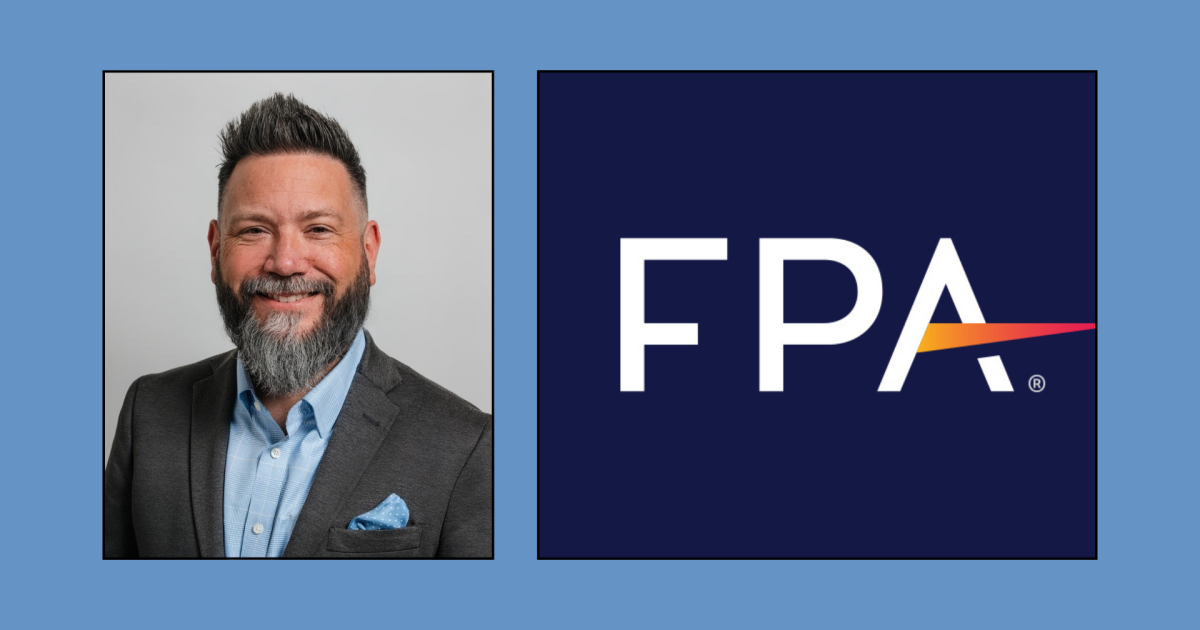It’s one thing to see a debt you recognize on your credit report. It’s another to find a debt you never took on — and shouldn’t be responsible for.
That’s what happened to Amy from Minnesota, who called into The Ramsey Show for advice. [1] Amy and her husband had worked hard to get financially stable. They’d built up an emergency fund and were ready to buy a home.
Shop Top Mortgage Rates
Powered by Money.com – Yahoo may earn commission from the links above.
But when they applied for a mortgage, they were shocked to find a $17,000 debt listed on Amy’s credit report. The debt came from a credit card company she had access to as a secretary at a small accounting firm. Amy had been added as an authorized user to book travel, not to borrow money.
When Dave Ramsey heard her story, he was outraged on her behalf. “This is ridiculous. This should not be on your report,” he said.
He advised Amy to tell her employer to remove her from the account immediately. “Shut it down. Shut down the account, or shut your name down off the account,” he said.
Authorized user accounts can appear on your credit report, even if the debt isn’t legally yours. While you’re generally not liable for this balance, the account’s activity — especially high balances or missed payments — can affect your credit score.
There are several reasons someone might be added as an authorized user:
Like Amy, you may need access to a company card to make purchases for work.
Parents often add teens or college students to their accounts to provide emergency access to funds.
For younger users, being added to a well-managed account can help build positive credit history.
So, being an authorized user isn’t always a bad thing. But it becomes a problem when debt from that account negatively impacts your credit, even though you’re not the primary account holder.
“It’s not legal, but they do it all the time,” Ramsey said, referring to how these debts can wrongly affect credit reports.
According to the Consumer Financial Protection Bureau (CFPB), being an authorized user does not make you legally responsible for the debt. [2]
It also says credit card companies are supposed to report your status as an authorized user — not as someone liable for repayment. Any debt tied to that account should not be treated as your personal debt on your credit report.
Read more: There’s still a 35% chance of a recession hitting the American economy this year — protect your retirement savings with these 10 essential money moves ASAP
Finding a debt on your credit card report that doesn’t belong to you is more common than you might think.
A 2024 report by Consumer Reports and WorkMoney found that nearly 50% of people who checked their credit reports found a mistake, and more than 25% discovered an error that could hurt their credit score. [3]
If you see a debt tied to an account where you’re an authorized user, you should dispute it immediately. Contact the credit bureau reporting that debt and explain in writing you’re only an authorized user and not liable for the debt. Include supporting information, such as a letter from your employer or a copy of the credit card agreement. The credit bureau is required to respond within 30 days. [4]
If you’re issued a company credit card, confirm with your employer that you’re only being added an authorized user, not a joint account holder.
Ask for a copy of the credit card agreement showing the account is in the company’s name — not yours. If problems arise, request to be removed from the account and send confirmation of the removal to the credit bureau to support your dispute.
A significant debt incorrectly listed on your report can hurt your credit score — especially if it affects your credit utilization, which makes up 30% of your FICO score. Credit utilization refers to the amount of revolving credit you’re using compared to your total credit limit. [5]
If a company card’s balance is wrongly added to your report, it could inflate your utilization rate and lower your score. That’s why it’s essential to ensure you’re properly listed as an authorized user — and to take quick action if an error appears.
Stay in the know. Join 200,000+ readers and get the best of Moneywise sent straight to your inbox every week for free. Subscribe now.
At Moneywise, we consider it our responsibility to produce accurate and trustworthy content people can rely on to inform their financial decisions. We rely on vetted sources such as government data, financial records and expert interviews and highlight credible third-party reporting when appropriate. **We are committed to transparency and accountability, correcting errors openly and adhering to the best practices of the journalism industry. For more details, see our editorial ethics and guidelines.
[1]. The Ramsey Show. “My company’s credit card is showing up on my credit report.”
[2]. Consumer Financial Protection Bureau (CFPB). “I was an authorized user on my deceased relative’s credit card account. Am I liable to repay the debt?”
[3]. Consumer Reports. “More than a quarter of people find serious mistakes in their credit reports, study shows.”
[4]. Consumer Financial Protection Bureau (CFPB). “How do I dispute an error on my credit report?”
[5]. [myFICO)]https://www.myfico.com/credit-education/whats-in-your-credit-score). “What’s in my FICO® Scores?”
This article provides information only and should not be construed as advice. It is provided without warranty of any kind.
























